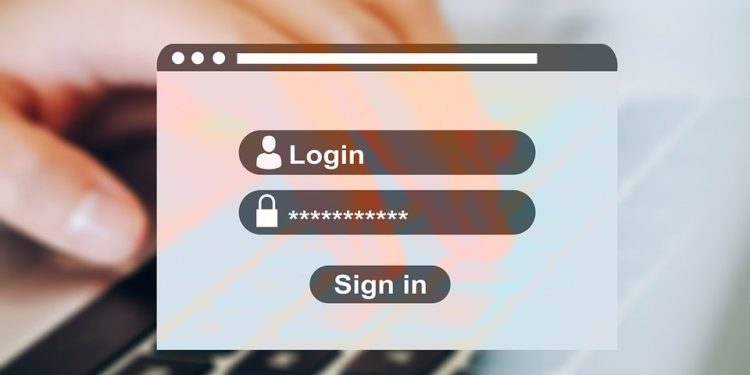Passwords are such a drag! You need them for every account you create (you need an account for everything nowadays!) and they’re difficult to remember. So you use your cat’s name or your birth date. Who knows these things anyway?
As it turns out, easy to remember passwords are the main reason so many people have to suffer from identity theft. According to a recent study, in 2019, authorities registered around $16.9 billion (USD) in identity fraud! So yes, every time you create an account you are a step closer to having a clever hacker snooping around your data.
But it’s not just individuals who suffer the consequences. Businesses and organizations are bigger, juicier targets and ill-intended actors don’t shy away from bringing everyone down a peg.
As more businesses and organizations start using cloud services, hackers see this as an opportunity to put their hands on confidential or sensitive data. As a result, many companies suffer losses in funding, support, reliability, and more.
So no, a password (even a complex one) is not enough to live a happy life on the internet. Still, this doesn’t mean you can’t be proactive about your online security! In fact, all cybersecurity specialists agree that the best security comes in layers.
What Does Layered Security Mean?
To make sure no one poking around can get in your virtual online space, it’s important to apply several layers of security.
In short, this means using different methods of protection, so anyone who goes past one layer will hit another.
We already established passwords aren’t enough. In fact, the password is the bare minimum for a secure account or device. So, if you want to keep your data safe, you may consider using a two-factor authentication method as well. This way, you can share the responsibility of guarding the account between two devices (your computer and your phone, for instance).
To add even more layers, you should add an up to date antivirus software, antimalware software, and so on. Furthermore, there is the option of using identity theft protection monitoring services to keep a close eye on sensitive data such as financial records, ID, health information, and more.
It also helps to stay informed on the latest methods of phishing and always pay attention to the source of emails (one of the most used channels by hackers), especially if they contain an attachment or a link.
Data Protection for Companies & Organizations
While individuals battle with ID theft, companies and organizations must stay alert and keep their data safe as well.
It goes without saying that each company (regardless of size) should have a security specialist design and maintain their internal network. A specialist will organize the data and access rights according to the flow of your business, making sure everything is logged and documented.
Furthermore, he/she can provide support for VPN implementation, finding a secure and up to date cloud service, and setting up a solid backup system.
Overall, whether you’re an individual or a company, it’s important to understand the dangers of being online without proper security. Also, in today’s day and age, it’s about time we understand just how important and valuable data are!


